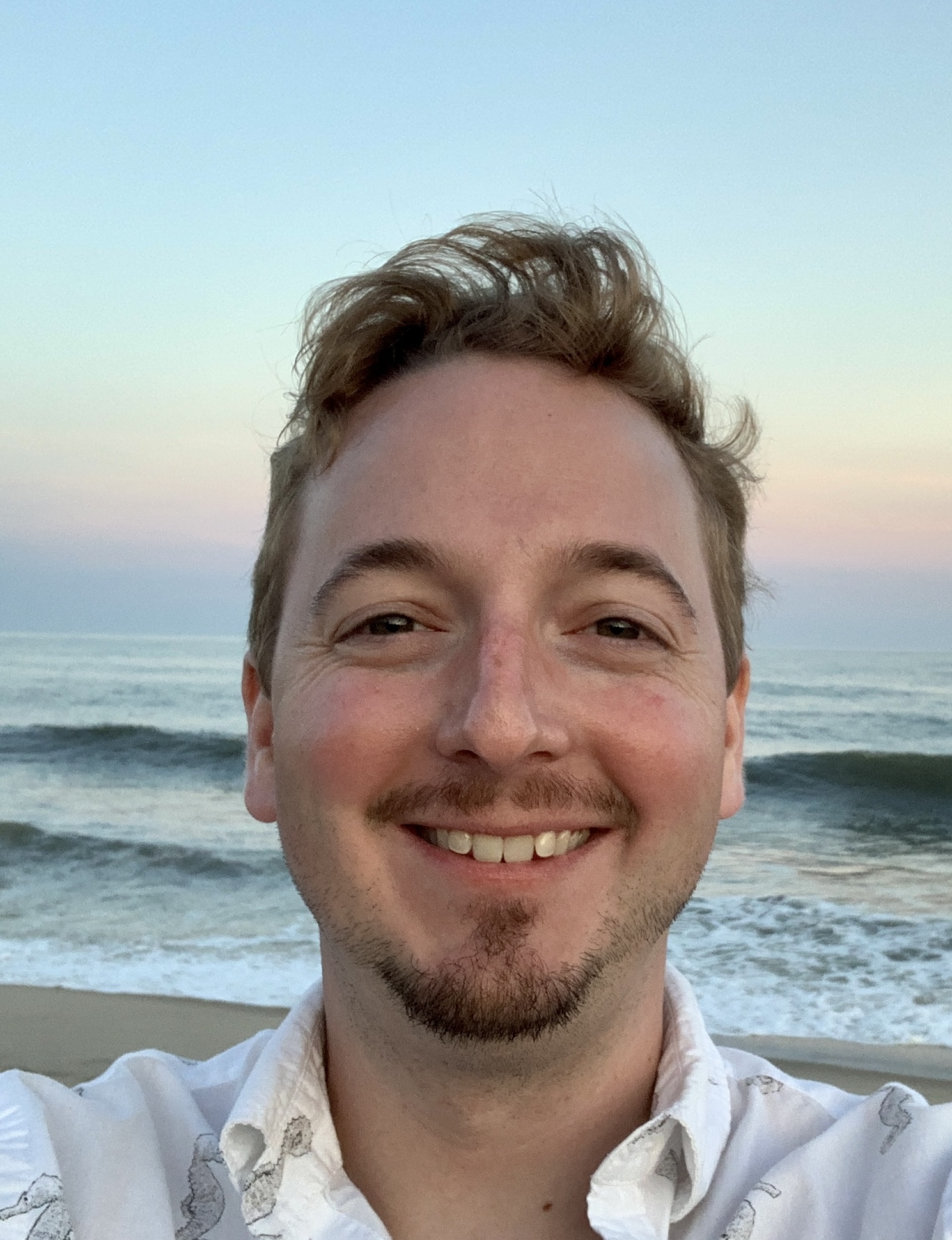Exoplanets V Digital Poster, PDF.
Contact: spmccloat “at” gmail
PhD May 2024 - Aerospace Sciences (Space Studies) — University of North Dakota
Dissertation: Modeling the Architecture and Water Content of Exoplanet Systems by Pebble Accretion: The PPOLs Model [PDF]
Advisors: Dr. Sherry Fieber-Beyer; Dr. Gijs Mulders
MS 2017 - Space Studies — University of North Dakota
Thesis: Transit Photometry of Recently Discovered Hot Jupiters
Advisors: Dr. Mike Gaffey; Dr. Carolina von Essen
BA 2013 - Philosophy — SUNY Geneseo
About Me
I was selected as one of a dozen early career exoplanet scientists for the 2023 NASA ExoExplorers professional development program. You can view my presentation on the early stages of my dissertation research.
I work with Gijs Mulders on understanding the exoplanet population from the perspective of planet formation in order to discover what controls the diversity of planetary systems and apply this knowledge towards identifying the best ways to look for habitable planets. I complement my modeling research by working with Leonardo Dos Santos at the Space Telescope Science Institute on exoplanet transmission spectroscopy with data from the Hubble UV-STIS. These observations are important to understand the mechanisms that shape individual planets and uncover their formation pathways, thereby informing the greater picture of which planets can form in which systems.
I have long enjoyed sharing my enthusiasm for exploration by teaching:
- as an undergraduate at SUNY Geneseo I worked with Dr. Steinhauer in the Physics & Astronomy department to develop 12 new astronomy lab activities and manuals,
- original live full-dome planetarium shows at the Suffolk County Vanderbilt Museum & Planetarium,
- six semesters as Instructor for the “Introduction to Space Studies” 200-level class at University of North Dakota, teaching 300+ students before, during, and after the pandemic,
- eight semesters of an original three-week advanced observational astronomy project conducting exoplanet transit photometry with graduate students and upper-level undergraduate students.
I became an astronomer from a non-traditional background in Philosophy (although the remainder of my coursework was physics, geology, and biology), and I bring this experience into my teaching and my research to develop interesting ways of “connecting the dots” and connecting with my students and colleagues. The “Space Studies” program at University of North Dakota emphasizes broad expertise in a range of topics encompassing space exploration: astronomy, planetary science, human spaceflight, history, and space law.
“Imagintion will often carry us to worlds that never were. But without it, we go no where.” - Carl Sagan
